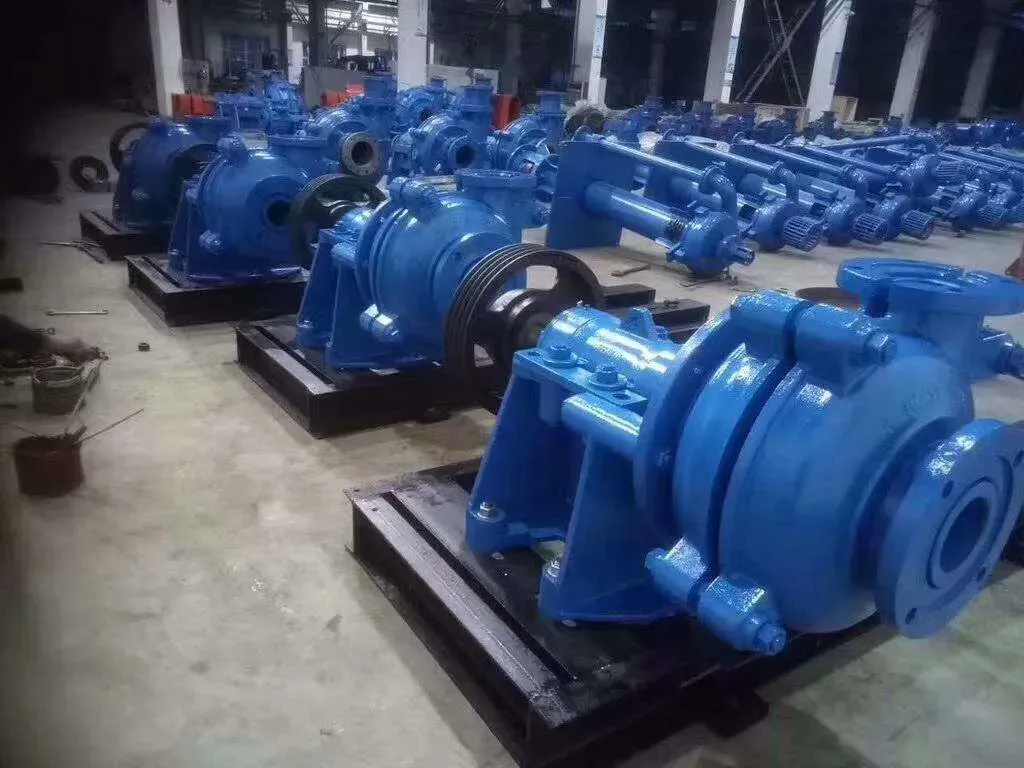English
- Afrikaans
- Albanian
- Amharic
- Arabic
- Armenian
- Azerbaijani
- Basque
- Belarusian
- Bengali
- Bosnian
- Bulgarian
- Catalan
- Cebuano
- Corsican
- Croatian
- Czech
- Danish
- Dutch
- English
- Esperanto
- Estonian
- Finnish
- French
- Frisian
- Galician
- Georgian
- German
- Greek
- Gujarati
- Haitian Creole
- hausa
- hawaiian
- Hebrew
- Hindi
- Miao
- Hungarian
- Icelandic
- igbo
- Indonesian
- irish
- Italian
- Japanese
- Javanese
- Kannada
- kazakh
- Khmer
- Rwandese
- Korean
- Kurdish
- Kyrgyz
- Lao
- Latin
- Latvian
- Lithuanian
- Luxembourgish
- Macedonian
- Malgashi
- Malay
- Malayalam
- Maltese
- Maori
- Marathi
- Mongolian
- Myanmar
- Nepali
- Norwegian
- Norwegian
- Occitan
- Pashto
- Persian
- Polish
- Portuguese
- Punjabi
- Romanian
- Russian
- Samoan
- Scottish Gaelic
- Serbian
- Sesotho
- Shona
- Sindhi
- Sinhala
- Slovak
- Slovenian
- Somali
- Spanish
- Sundanese
- Swahili
- Swedish
- Tagalog
- Tajik
- Tamil
- Tatar
- Telugu
- Thai
- Turkish
- Turkmen
- Ukrainian
- Urdu
- Uighur
- Uzbek
- Vietnamese
- Welsh
- Bantu
- Yiddish
- Yoruba
- Zulu
Telephone: +86 13120555503
Email: frank@cypump.com
Dec . 07, 2024 07:27 Back to list
centrifugal chemical pump
Understanding Centrifugal Chemical Pumps An Essential Tool in the Chemical Industry
Centrifugal chemical pumps play a crucial role in the transportation of liquids throughout various industries, particularly within the chemical sector. These pumps are designed to move fluids using rotational energy derived from one or more driven rotors, known as impellers. Their efficiency and reliability make them an indispensable tool in modern chemical processing.
How Centrifugal Pumps Work
At the core of a centrifugal pump’s operation is the principle of centrifugal force. The pump consists of an impeller, which is mounted on a rotating shaft within a casing. When the impeller rotates, it imparts kinetic energy to the liquid, accelerating the fluid outward from the center of the impeller to the periphery. As the fluid moves outward, its velocity increases, which also creates a drop in pressure at the center of the impeller. This drop in pressure allows atmospheric pressure to push liquid into the pump, maintaining a continuous flow.
The design of the pump can vary, but most centrifugal chemical pumps are characterized by their closed impellers, which provide better efficiency and lower maintenance needs. Additionally, the casings of these pumps are often made from chemically resistant materials, allowing them to handle a wide range of aggressive chemicals without degrading.
Types of Centrifugal Chemical Pumps
Centrifugal chemical pumps come in various designs to accommodate different applications
. Some common types include1. Single-stage and Multi-stage Pumps Single-stage pumps are suited for low-pressure applications, while multi-stage designs can elevate fluid to much higher pressures, making them ideal for applications in high-rise buildings or industrial processes requiring significant pressure elevation.
2. Vertical and Horizontal Pumps Vertical pumps are generally used in applications where space is limited, whereas horizontal pumps tend to offer better performance and maintenance accessibility.
3. Magnetic Drive Pumps These non-leakage pumps utilize magnetic fields to transfer power, thus eliminating the risk of leaks associated with traditional seals. They are particularly useful for handling hazardous or corrosive liquids.
centrifugal chemical pump

4. Self-Priming Pumps Designed to remove air from the pump, self-priming models can handle liquids even when the source tank is lower than the pump.
Key Applications
Centrifugal pumps are employed in myriad applications across the chemical industry. These include
- Chemical Processing Used to transfer raw materials, intermediate products, and final products during fermentation, extraction, and distillation processes. - Water Treatment Playing a crucial role in transferring chemicals for water purification and treatment processes. - Petrochemical Industry Essential for transporting crude oil, refining processes, and chemical handling. - Pharmaceuticals Ensuring precise transfer of sensitive or volatile compounds without contamination.
Advantages of Centrifugal Chemical Pumps
The popularity of centrifugal pumps within the chemical industry can be attributed to several factors
- High Efficiency These pumps are capable of achieving high flow rates with relatively low energy consumption. - Simplicity and Reliability With fewer moving parts than other types of pumps, centrifugal pumps typically experience less wear and tear, leading to lower maintenance costs and increased reliability. - Versatility They can handle a variety of fluids, including those that are corrosive, viscous, or contain suspended solids, depending on the specific design of the pump. - Cost-Effectiveness Economical to operate and maintain, centrifugal pumps offer a favorable return on investment for many applications.
Conclusion
Centrifugal chemical pumps are vital components of chemical processing systems, thanks to their efficiency, reliability, and adaptability. As industries continue to evolve and demand more efficient fluid handling solutions, these pumps will remain at the forefront of technology, ensuring the safe and effective transport of a wide variety of chemicals. Understanding the specific needs of your application and selecting the right type of centrifugal pump can lead to significant improvements in operation and cost savings, making them a fundamental investment in the chemical industry.
-
Reliable Non-Clog Sewage Pumps with GPT-4-Turbo Tech
NewsAug.04,2025
-
High-Performance Air Pumps for Sand & Gravel | Efficient Transport
NewsAug.03,2025
-
ISG Series Vertical Pipeline Pump - Chi Yuan Pumps Co., LTD.|Energy Efficiency, Corrosion Resistance
NewsAug.03,2025
-
ISG Series Pipeline Pump - Chi Yuan Pumps | Energy Efficiency&Compact Design
NewsAug.03,2025
-
ISG Series Vertical Pipeline Pump - Chi Yuan Pumps Co., LTD.|High Efficiency, Low Noise, Durable
NewsAug.02,2025
-
ISG Series Vertical Pipeline Pump - Chi Yuan Pumps | High Efficiency, Low Noise
NewsAug.02,2025










